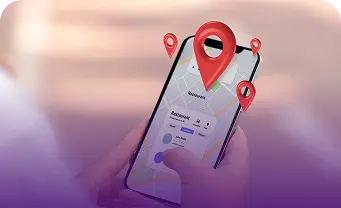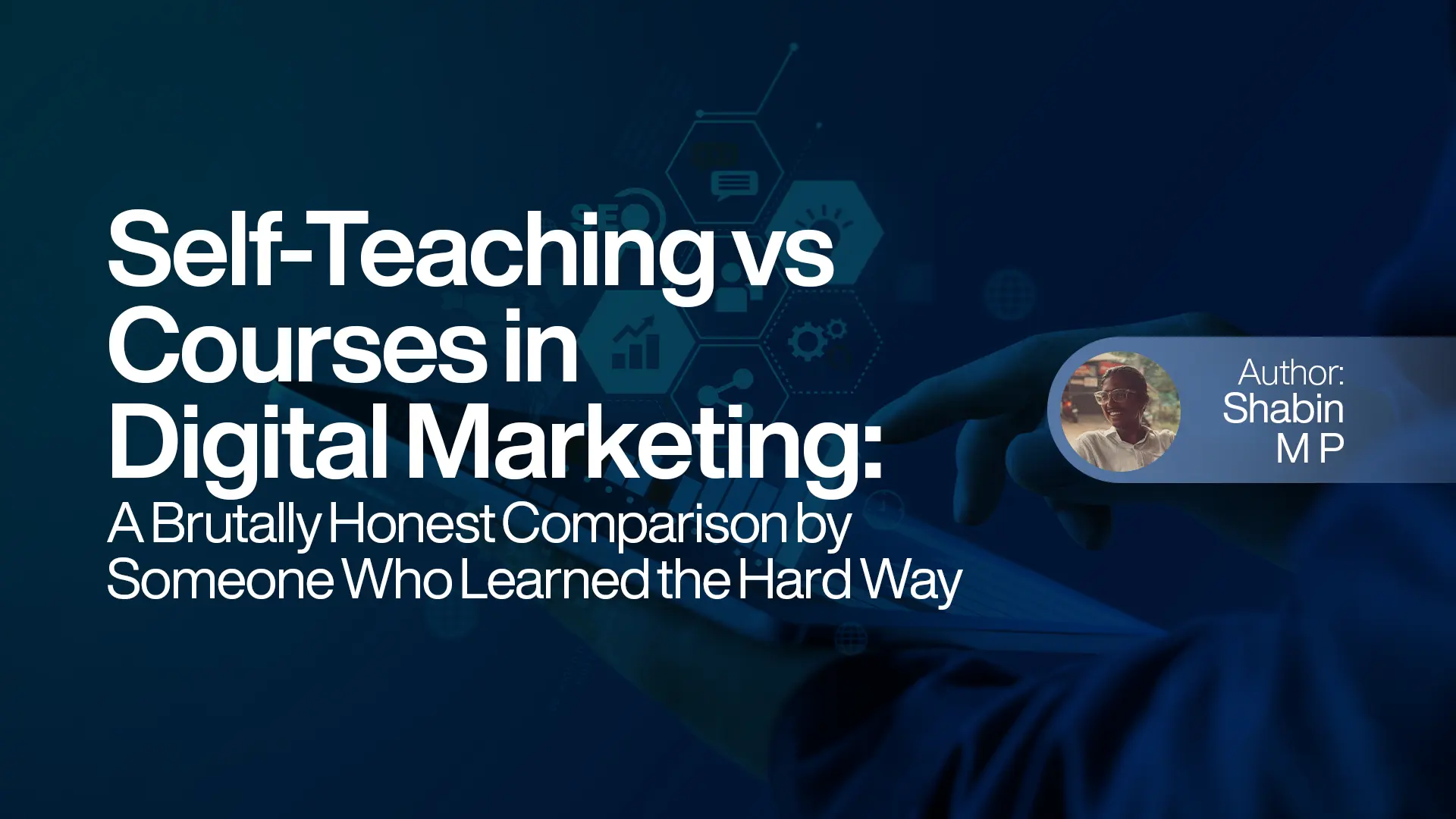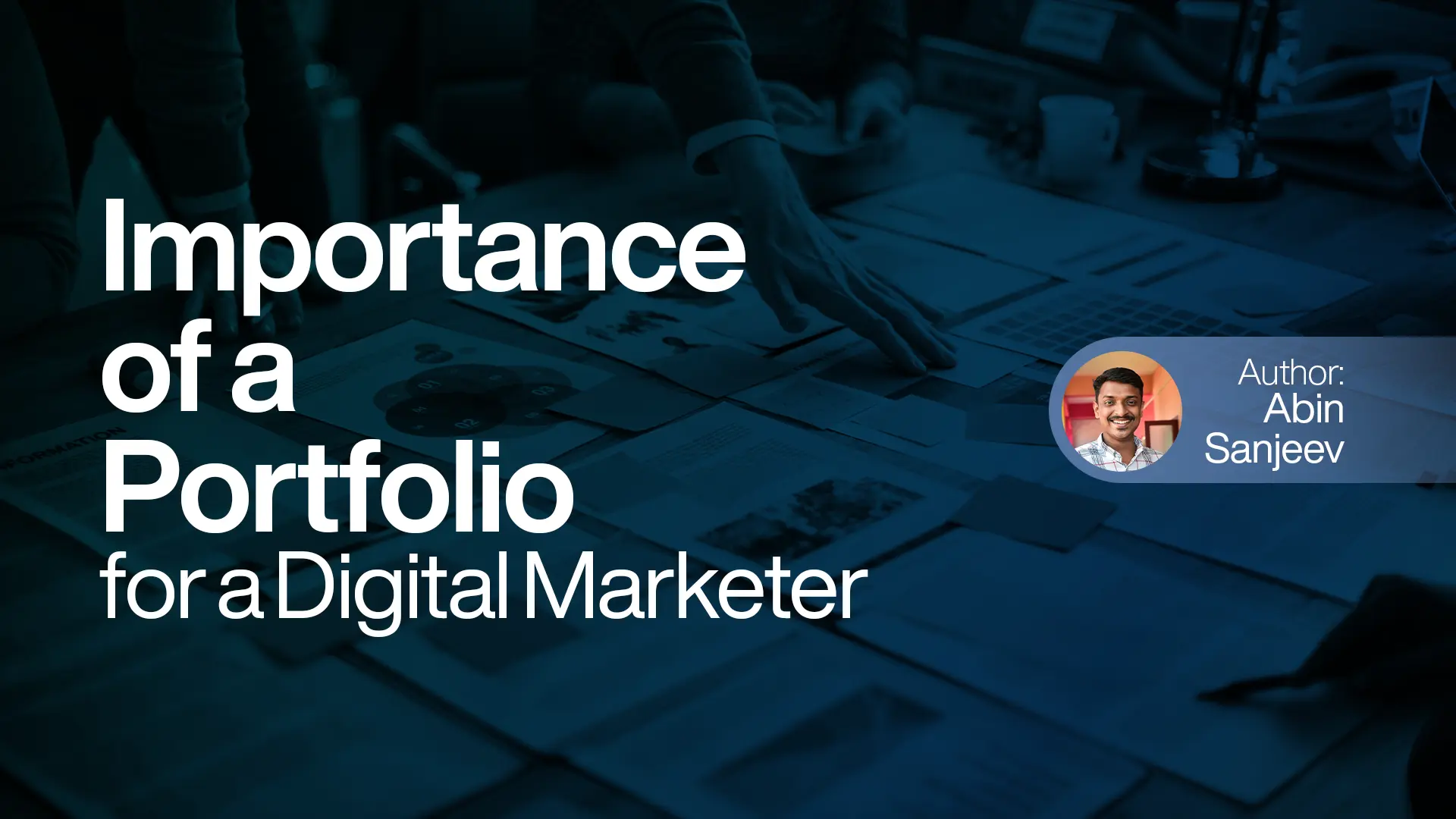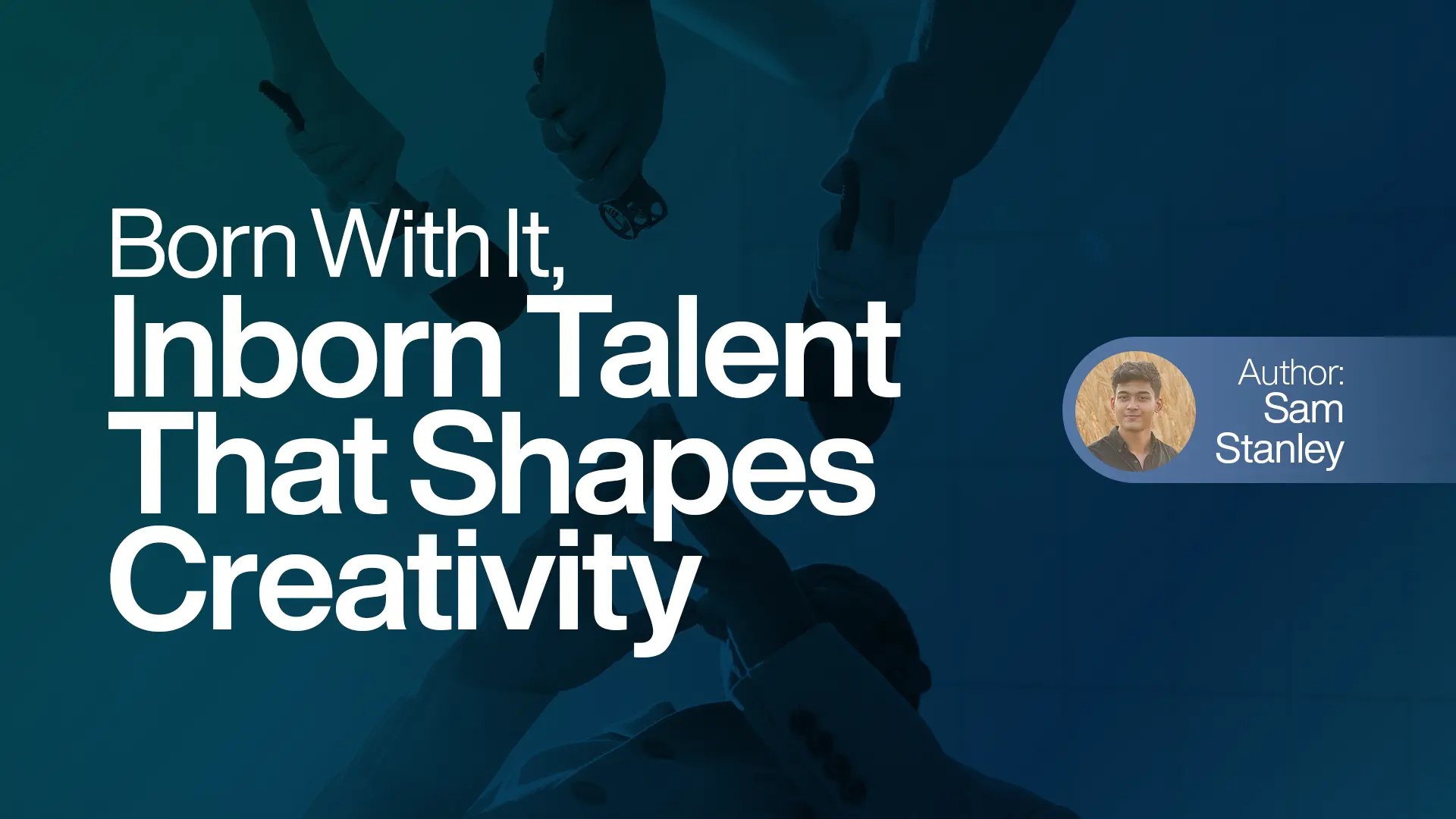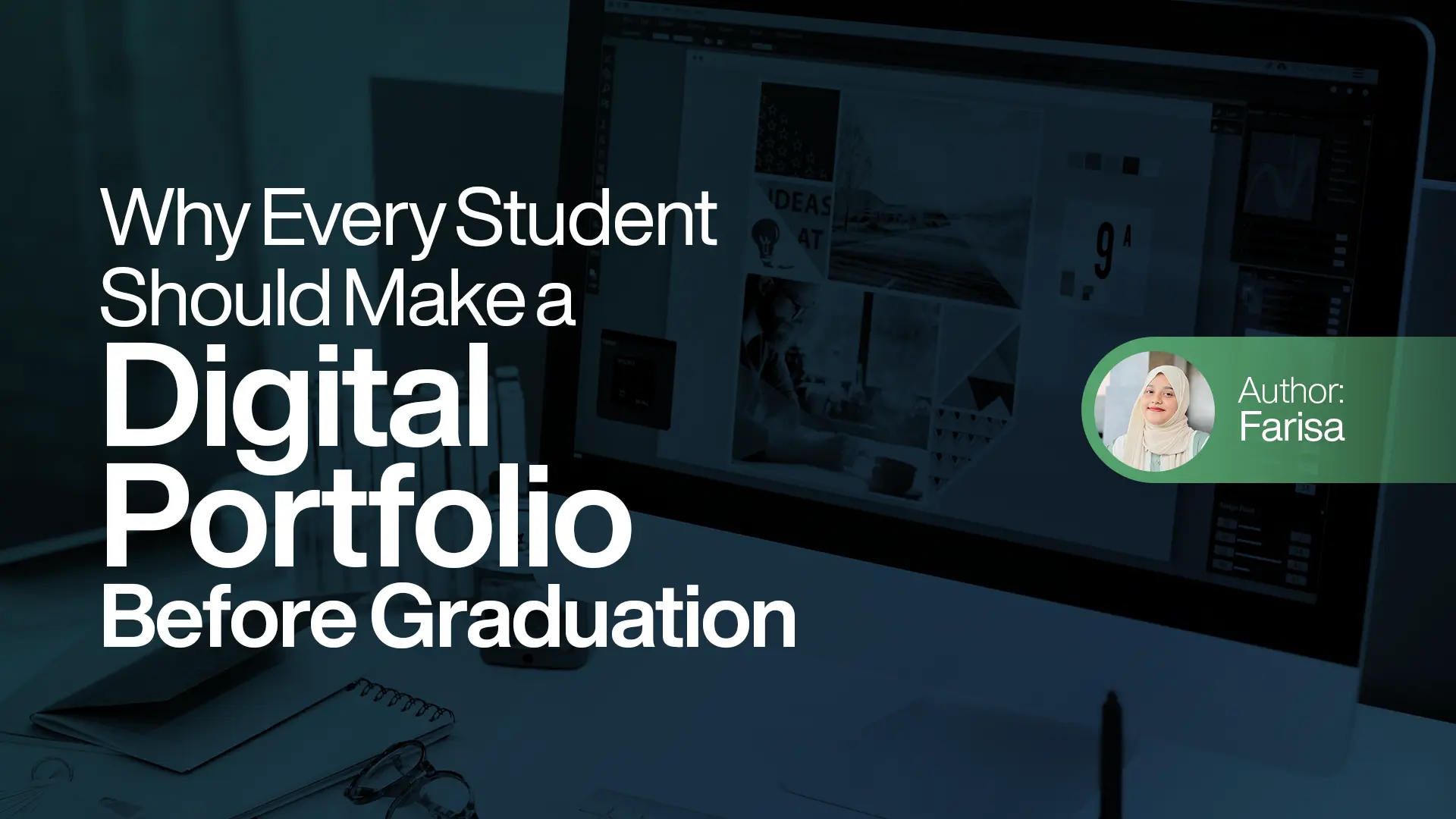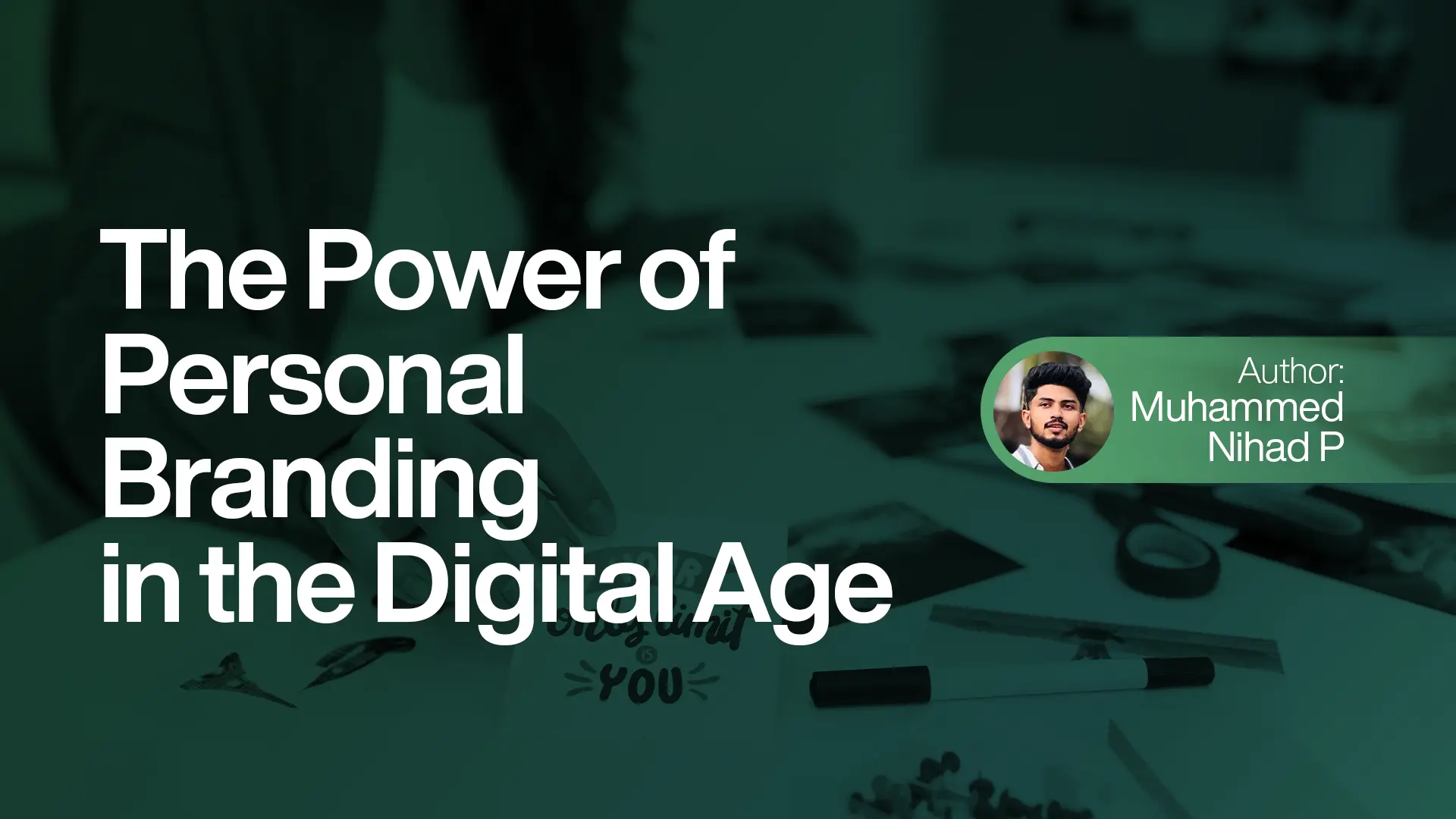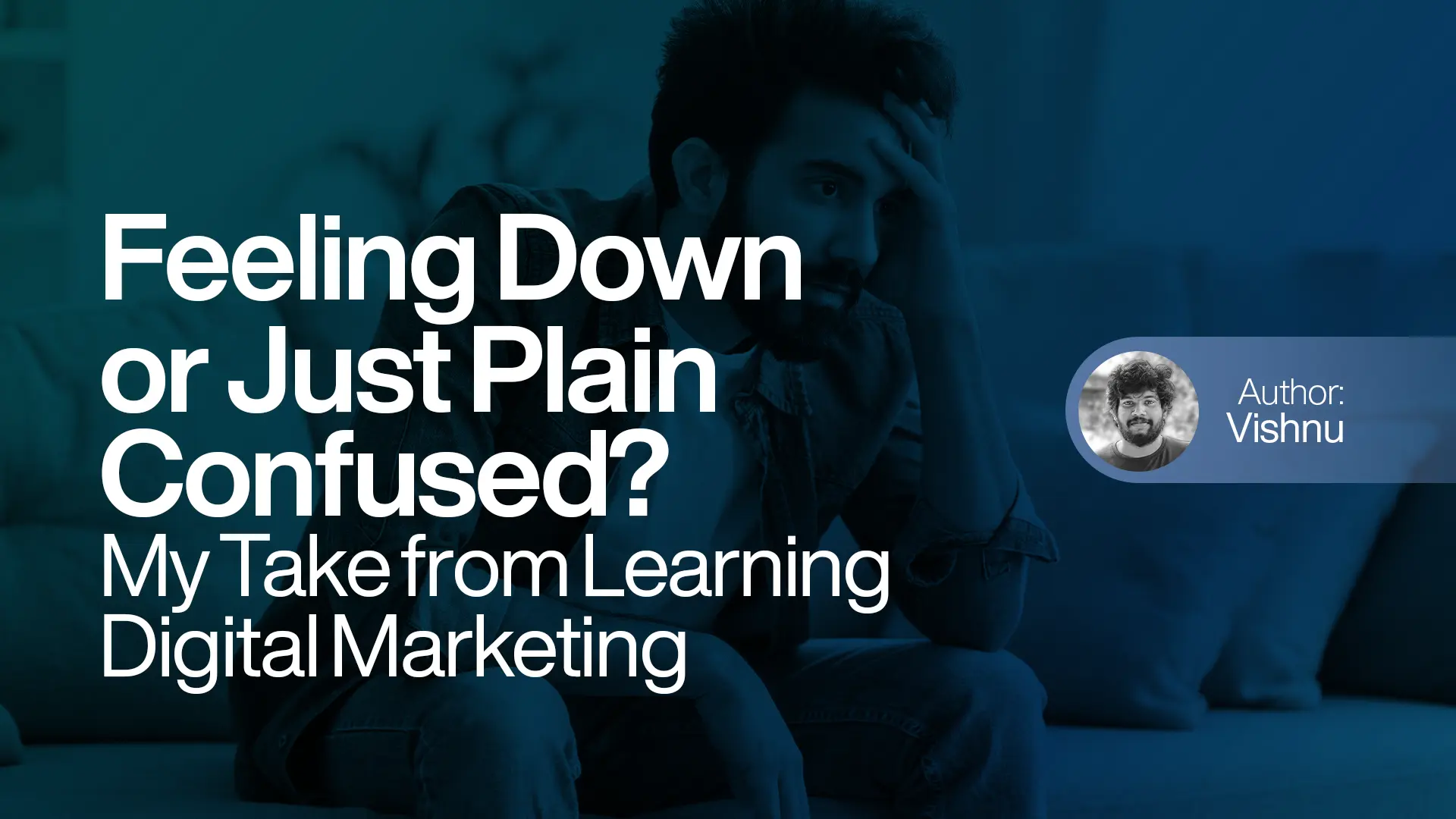When I chose to make the leap into Digital Marketing, I was certain I would be able to do everything by myself through self-teaching. Armed with YouTube videos, free blog posts, and the naive confidence of someone that claimed, "I will just figure it out", I jumped into SEO, PPC, social media marketing and analytics.
Well, a few years later, and though I have learned decent information, I am still struggling to find the digital marketing job I want. Why? Mainly because I am still lacking the confidence and structure training provides me. If you are in a similar position, I want to share what I would have liked to have known.
The Self-Learning Journey: The Good and The Bad
The Good
Flexibility was amazing. I could study at 2 AM or when I found time on breaks from work, stop videos to take notes with no time pressure.
Cost-effective. I was learning from the same industry experts, like Neil Patel and Brian Dean, while other people were paying thousands of dollars for their courses.
I became resourceful. I began to discover that just because I learned something new did not mean that I could not dig deeper if ever I got to a roadblock - I was able to research from more than one resource or framework of knowledge to get to creative solutions.
The Bad
I still had big gaps in knowledge. I could still perform advanced SEO techniques, and a lot of them, but still did not know how to clearly explain basic marketing funnels. My learning was not systematic, it was haphazard and reactive.
Zero hands-on experience. I could memorize the best practices, but avoid the reality of a campaign’s budget limits, or the pressure of having the clients objectives riding on it.
Imposter syndrome set in big time. Lacking certificates or having the direct feedback of the instructor or other students, I kept thinking, “Do I even know what I’m talking about?”
No network. How could I develop a network? All of the other students were building relationships with their instructors, and gaining rapport with their peers, while I was learning in a vacuum without anyone to ask for referrals, or advice.
The Reality Check of Entering the Job Search
When I began applying for positions, the limitations of my self-learning were painfully clear:
Technical questions in the interviews exposed the holes in my knowledge, and showed that I'd learned it all in small fragmented pieces.
I couldn't refer back to examples of managing real campaigns, or of challenges I overcame.
My lack of confidence in interviews was not lost on the interviewers, even when I knew the answers!
Different interviewers asked me point blank: “Why did you not take any digital marketing courses?”...I stammered through an answer but it was very apparent that it was a huge red flag.
One hiring manager shared: “We get many course graduates, who can't do the work. What makes you different?” I understood my lack of formal training made me appear less serious about the field.
What Quality Courses Offer That Self-Learning Cannot
Systematic knowledge development means you learn the fundamentals before you tackle the advanced topics, removing any potentially dangerous gaps.
Practical learning consists of real-world problem solving through live projects, and case studies to prepare you for the challenges of the workplace.
Professional credibility with respected credentials that hiring managers will know and trust as first-round filters.
Confidence through validation in the learning process, by completing assignments, getting feedback, completing assessments, and earning certificates.
Industry connections including instructors, fellow students, and alumni networks that frequently lead to job opportunities.
Relevant content that is the result of an up-to-date curriculum developed from the changes in the industry and feedback from employers.
Choose to Self-Learn When:
- You are investigating digital marketing and only have a side interest
- You are unable to pay for a course due to budget constraints
- You have a lot of experience in a related field, but need to fill in some knowledge gaps
- You have industry connections to mentor and provide feedback
Invest in a Course If:
- You genuinely would like to approach digital marketing as a career
- You want the assurance of validation in a structured manner
- You want to shorten your time to employment
- You want an opportunity to connect with others and for career support
- You believe you can afford to invest in your future earning potential
My Opinion
If I had to start over, I would use free resources to identify interests, and then invest in a complete course, specializing in the one or two areas of awareness. The self-learning approach gave me knowledge of digital marketing, but not true job readiness, and provided me information, but not a substantial transformation.
As I mentioned earlier, the digital marketing space is very nuanced and changing frequently - while your tenacity and determination can go a long way, a structured course may be what stands between you and the role you seek, and what may move you from awareness to action.
Do not make my mistake and see a course as an indulgence. It may be just what you require to navigate the complex competitive job landscape, and close the gap between knowledge and career success.
Author Info
Shabin M P, a Best performance marketer in Kochi.
Learner of CDA Digital Marketing Training in Kochi.


